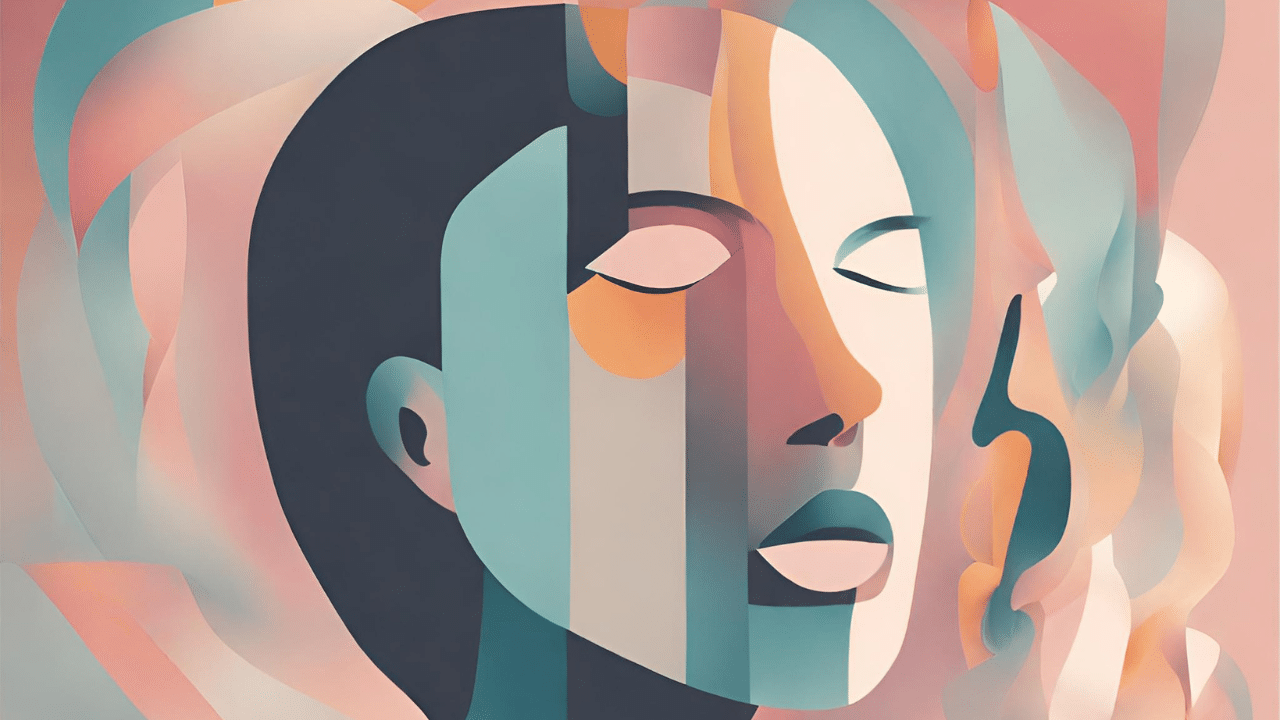
Conditions That Benzodiazepines Are Designed to Treat
What Benzodiazepines Are & What They Do
Benzodiazepines (more commonly referred to as benzos) are a class of prescription medications that have a calming effect on the body and mind. Benzos work by enhancing the GABA transmitter in the brain and slowing the central nervous system down to induce a state of relaxation. Some drugs that fit into this class include brand name prescriptions like Xanax, Klonopin, Ativan, Valium, Versed, and more.
What Disorders Do Benzodiazepines Treat?
The job of benzodiazepines is to counter overstimulation and ease the symptoms of different disorders. They are approved to treat conditions such as Generalized Anxiety Disorder (GAD), Social Anxiety Disorder (SAD), seizure disorders (like epilepsy), panic disorders, and insomnia.
Benzos are also known to help with other types of sleep disorders, some tic disorders, bipolar disorder, and symptoms of alcohol withdrawal.
Side Effects & Risks of Using Benzos
When used short-term (no more than two weeks) and according to dosage, benzodiazepines are usually safe. Like all medications, they come with some general side effects; but these effects are typically not dangerous and don’t require medical assistance. Common side effects of benzodiazepine use include:
- Confusion
- Dizziness
- Fatigue
- Drowsiness
- Impaired coordination
When misused or used long-term, benzodiazepines can begin to cause some serious complications including memory problems, behavioral changes, and even overdose. People who use benzos for a long period of time can easily develop a dependence or addiction.
Benzodiazepine Abuse & How To Treat It
It can be difficult for people to stop using benzos once they have become dependent on a drug. While individuals who misuse these drugs are encouraged to stop using them as soon as possible, they should do so with caution and taper off slowly. If a person has used benzos for a while and stops taking them suddenly, their body will not know how to react to the absence of the drug. The body will usually respond with a series of potentially dangerous withdrawal symptoms. Side effects of benzo withdrawal may include muscle cramps, headache, diarrhea, tremors, seizures, rapid breathing, decreased concentration, and more.
To avoid withdrawal, individuals who use benzos should tell their doctor as soon as they want to stop using them. Their doctor will create a timeline to help them slowly wean off of the drug and will recommend different medications or treatment options for their condition. Treatment options may vary depending on the condition, but there are some general techniques that are known to help ease anxiety and promote sleep and relaxation. Individuals who suffer from an anxiety disorder, panic disorder, or sleep disorder are encouraged to visit a psychotherapist or psychologist to get to the root of their condition. One-on-one therapy, Cognitive Behavioral Therapy, yoga, meditation, and other practices are natural solutions that can help ease some symptoms of Generalized Anxiety Disorder, Social Anxiety Disorder, and more.
To learn more about benzodiazepines and the disorders they treat, feel free to reach out to our team of mental health specialists for more information. If yourself or a loved on are struggling with Benzo addiction, please call us today to seek help 267.209.7312.
Sources
https://www.medicalnewstoday.com/articles/262809
https://www.verywellmind.com/benzodiazepines-for-the-treatment-of-anxiety-2584334
Explore this article:
Explore Our Facilities
Drug and alcohol detox and residential treatment for addiction and mental health disorders
Outpatient treatment center for substance use disorder and mental health disorders
Outpatient treatment center for substance use disorder and co-occurring mental health disorders







